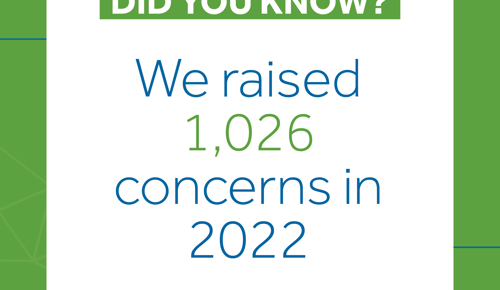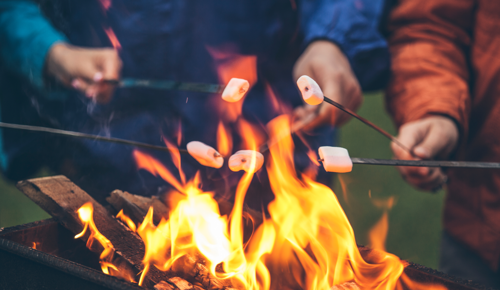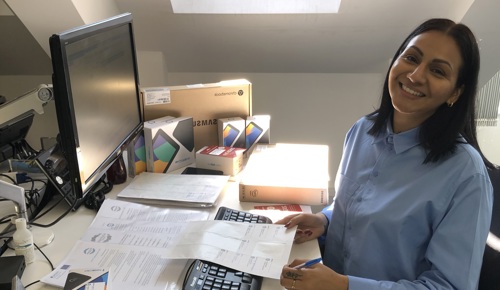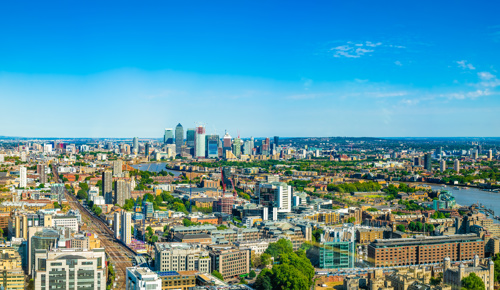Gas Safety Week takes place from Monday (11 September) until Sunday (17 September).
It's a great opportunity to make sure your appliances are gas safe and to know the dangers of Carbon Monoxide (CO) poisoning. Whilst it’s easy to detect the recognisable smell of escaped gas, there’s no such warning with carbon monoxide. It’s a silent killer.
Watch the Gas Safety Week video to see the story of a community devastated by a gas explosion and the ripple effect it leaves behind.
What we do to be gas safety compliant
We carry out a gas safety check on your home every year. When your gas safety check is due, you’ll receive a letter from one of our registered gas contractors. This will let you know when a gas engineer will be visiting your home to carry out the gas safety check. It’s important you allow them in and stick to the agreed appointment.
Know the signs of carbon monoxide poisoning
Unsafe gas appliances can produce a highly poisonous gas called carbon monoxide (CO). It can cause death as well as serious long term health problems such as brain damage.
CO is produced by the incomplete burning of natural gas. This happens when a gas appliance has been incorrectly fitted, badly repaired or poorly maintained.
It can also occur if flues, chimneys or vents are blocked. CO poisoning symptoms are similar to those of flu, food poisoning, viral infections and fatigue. That’s why it’s quite common for people to mistake this very dangerous poisoning for something else.
Remember the six main symptoms to look out for:
- Headaches
- Dizziness
- Nausea
- Breathlessness
- Collapse
- Loss of consciousness.
Being aware of the symptoms could save your life. You may also notice that your symptoms only occur when you’re at home and seem to disappear when you leave home. Others in your household (including pets) may experience similar symptoms.
What should you do if you suspect CO poisoning?
Get fresh air immediately. Open doors and windows, turn off gas appliances and leave the house.
Call your doctor or go to hospital - let them know that you suspect CO poisoning. They can do a blood or breath test to check.
If you think there is an immediate danger from a gas leak, call the National Gas Emergency Helpline on 0800 111 999.
You should also contact us.
Gas Safety Week leaflet and poster
Our news
All Articles


- 19 November 2025
- Support and advice
Introducing our Good Neighbourhood Management approach


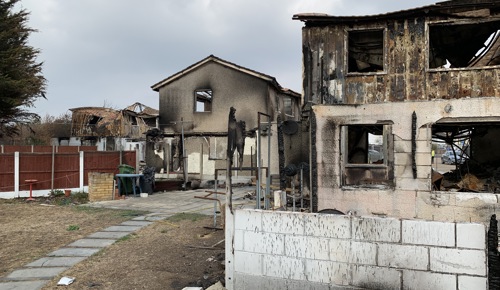
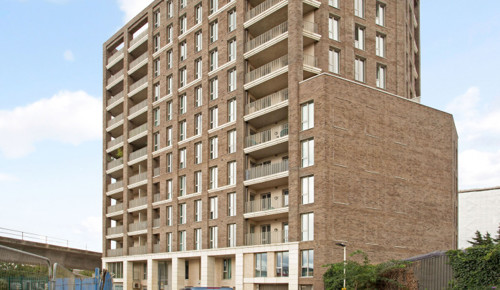
- 07 February 2025
- Support and advice
Information for leaseholders - what to do if your EWS1 form is rejected by a mortgage lender
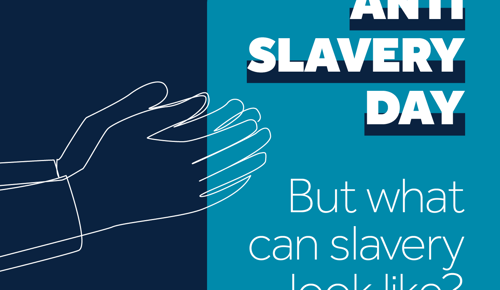
- 18 October 2024
- Support and advice
Anti-Slavery Day – do you know the signs and what to do?
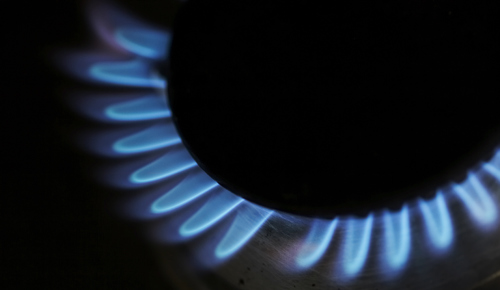
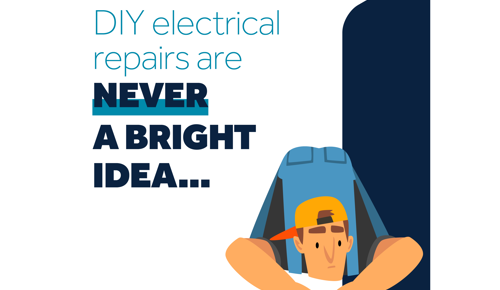

- 03 May 2024
- Support and advice
Ignite fun not fire this weekend – never barbecue on a balcony
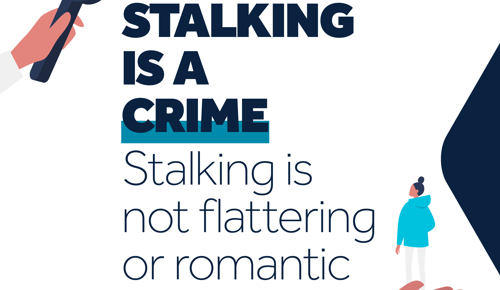
- 22 April 2024
- Support and advice
It’s not flattering or romantic, it’s a crime - Stalking Awareness Week
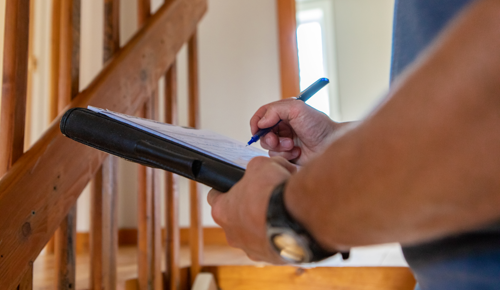
- 15 April 2024
- Support and advice
Home condition surveys, what they are and why you might need one


- 14 December 2023
- Support and advice
The winter issue of your resident magazine, Shine, is here!

